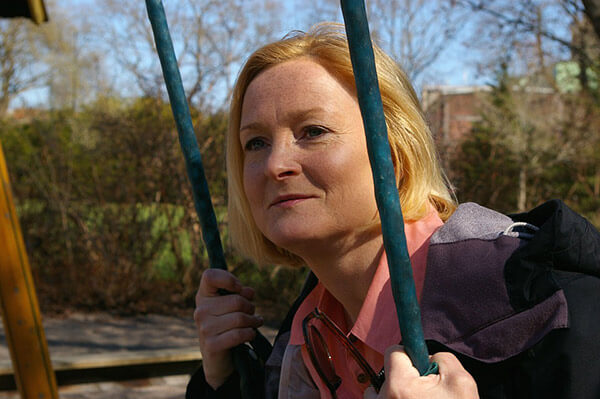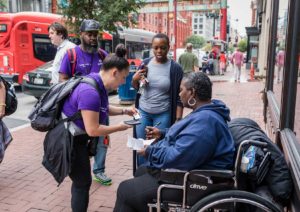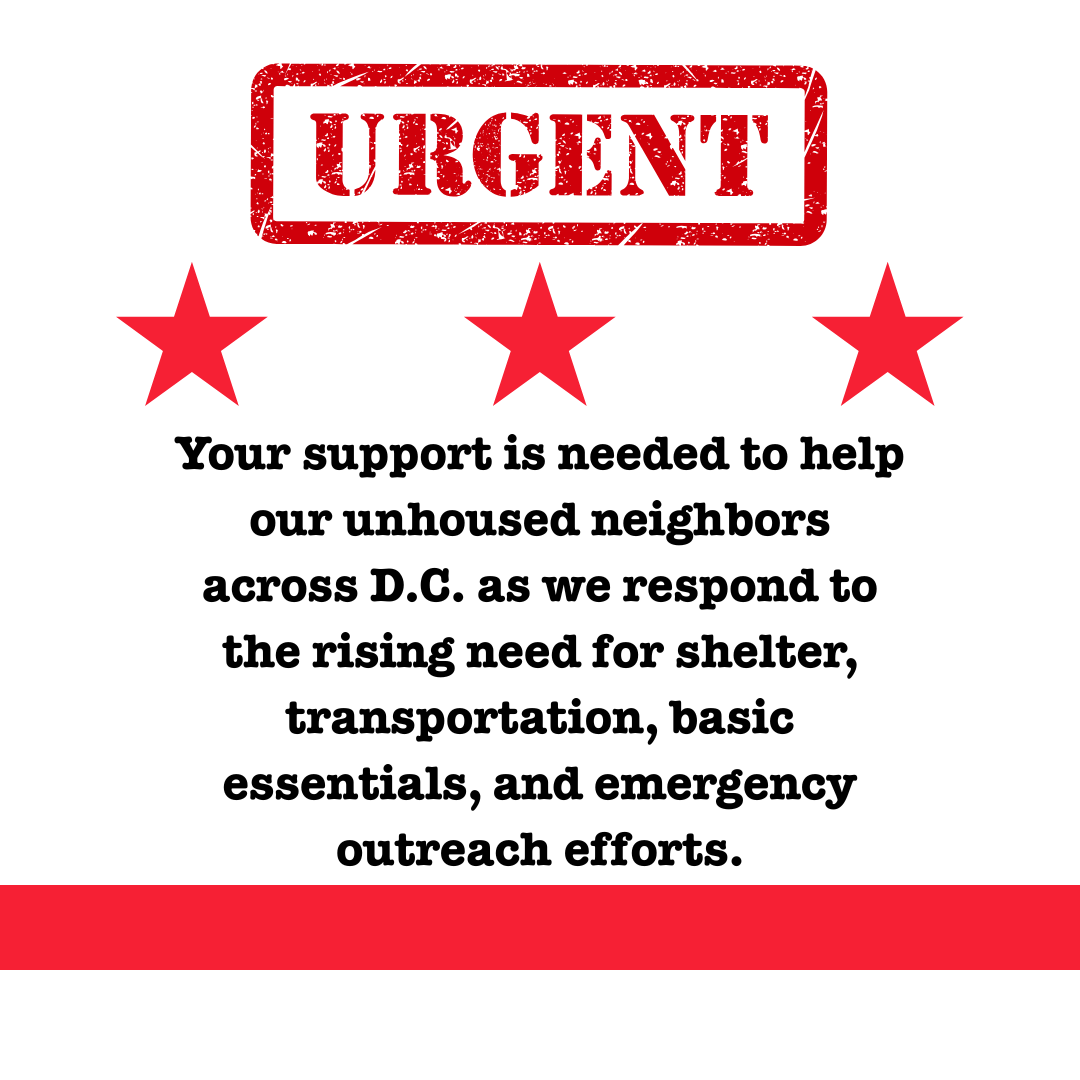
Pathways Brought Me Home
Mary, a Pathways client, was born in DC and dealt with sexual abuse from an uncle throughout her childhood and domestic violence from partners in her 20's. She used alcohol and marijuana to numb the pain of a lifetime of abuse and trauma. Mary was introduced to Pathways DC through a domestic violence shelter, and Pathways staff diagnosed Mary with HIV and bipolar disorder. The vulnerability of her situation allowed Mary’s team to quickly secure a housing voucher and within weeks they helped move Mary into her very own apartment. Mary told us, “I can honestly say that it was not until I received my keys that I felt true happiness. I would not have succeeded without the help of my “guiders,” (Mary’s term for her team at Pathways DC) because they always kept me on the right path and never gave up on me.” Today, with the help of her Pathways team, she has stability and is on the journey to recovery.

 While the model is simple, the Housing First Program is very complex and requires dedicated staff to coordinate all aspects (outreach, housing, healthcare, treatment and case management) of the program in order for the people we serve to be successful in their recoveries. Housing First means there are no conditions that have to be met before the person moves in. Housing is provided in apartments that are spread throughout the District, with each client holding their own lease. Using “scattered sites,” we are able to give each client choice in where they would like to live, helping to foster a sense of home and self-determination, all while upholding our client-centered approach. Stable, supportive housing is merely the first step towards reintegrating into their community, rebuilding family relationships, reconnecting with their faith fellowships, and experiencing an improvement in overall physical health and psychological wellbeing.
While the model is simple, the Housing First Program is very complex and requires dedicated staff to coordinate all aspects (outreach, housing, healthcare, treatment and case management) of the program in order for the people we serve to be successful in their recoveries. Housing First means there are no conditions that have to be met before the person moves in. Housing is provided in apartments that are spread throughout the District, with each client holding their own lease. Using “scattered sites,” we are able to give each client choice in where they would like to live, helping to foster a sense of home and self-determination, all while upholding our client-centered approach. Stable, supportive housing is merely the first step towards reintegrating into their community, rebuilding family relationships, reconnecting with their faith fellowships, and experiencing an improvement in overall physical health and psychological wellbeing.